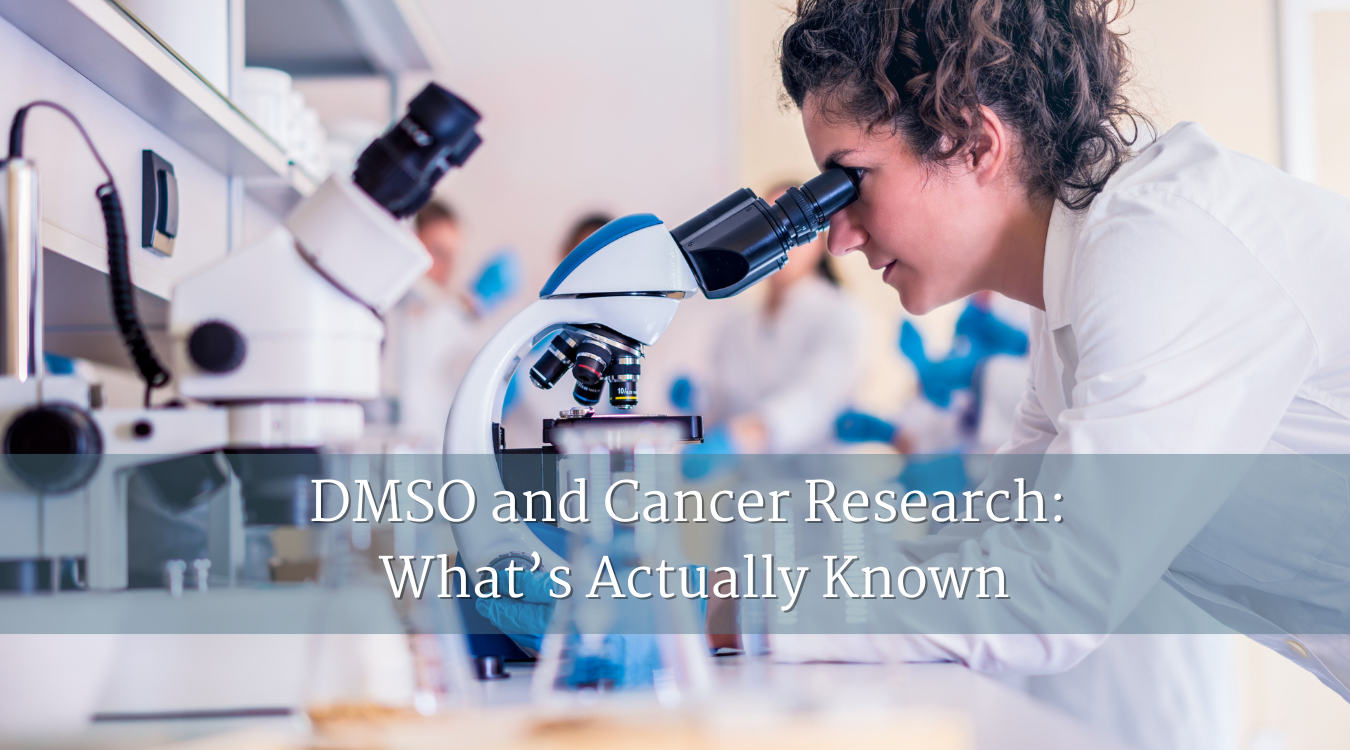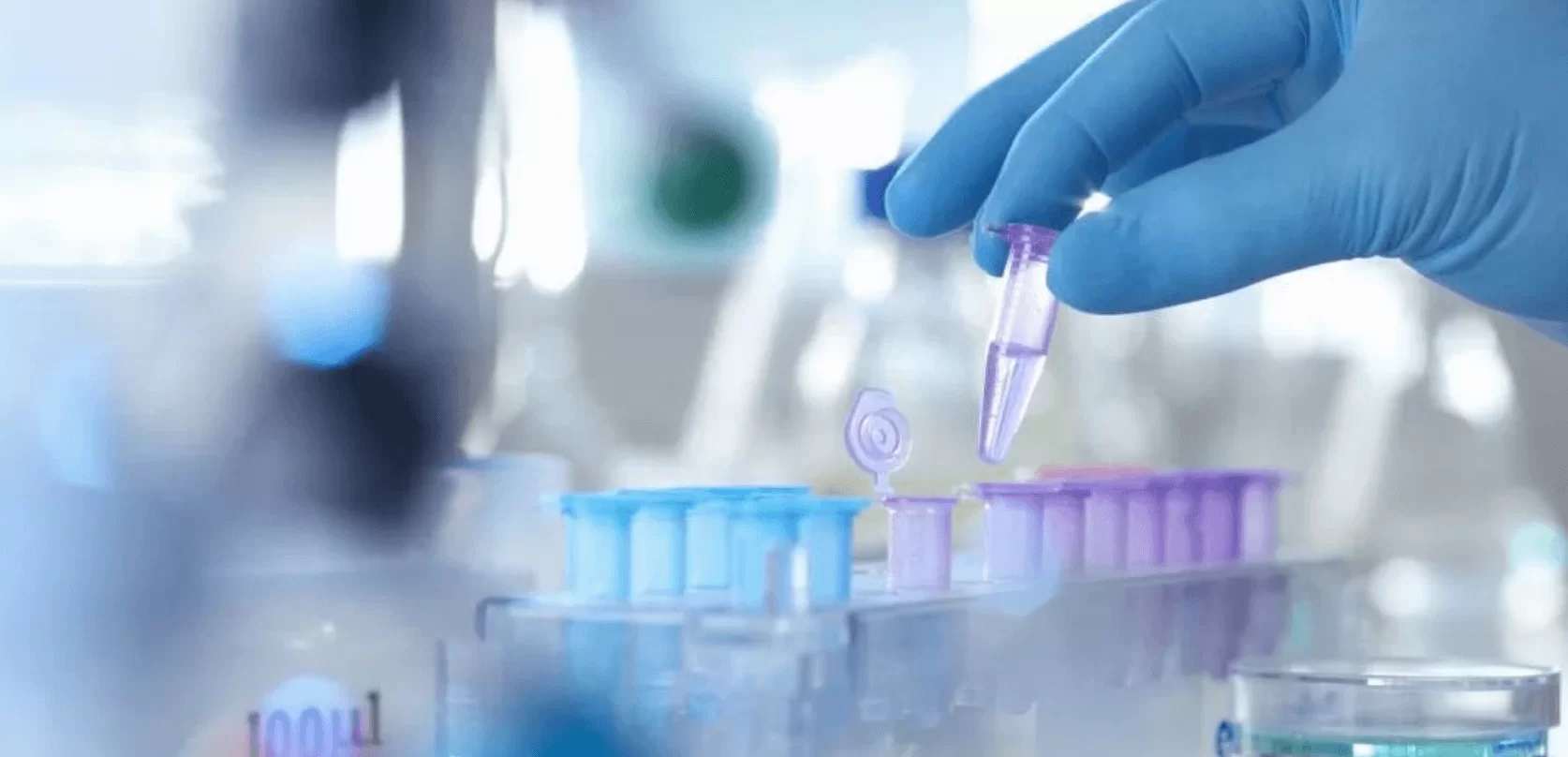
DMSO and Cancer: Separating Hope from Evidence
Research Roundup
DMSO has attracted attention in cancer research not as a cure, but as a solvent, carrier, and experimental adjunct. Its unique ability to penetrate cell membranes and carry molecules deep into tissues made it a useful tool in oncology labs. But the leap from laboratory utility to treatment has been widely misunderstood.
-
Laboratory studies: In vitro research (such as a 2010 study in Leukemia Research) showed that DMSO can influence cancer cell behavior, sometimes slowing proliferation or inducing differentiation in specific leukemia cell lines. These effects are highly context-dependent and not consistent across cancer types.
-
Animal research: Some rodent studies have tested DMSO as part of drug delivery systems, finding it may help certain chemotherapy agents penetrate tumors more effectively. However, DMSO alone has not demonstrated curative properties.
-
Clinical exploration: A handful of experimental trials in the mid-20th century examined DMSO for symptom relief (such as reducing pain in cancer patients) rather than as a direct treatment. These studies were small, often poorly designed, and did not lead to mainstream adoption.
-
Modern role: Today, DMSO is more commonly studied in cancer research as a cryoprotectant — preserving stem cells and immune cells for transplantation in oncology settings — rather than as an active anticancer treatment.
Expert Perspective (Oncologist’s View)
An oncologist would likely emphasize that while DMSO is a valuable laboratory tool, it is not a cancer therapy.
-
Scientific interest: Its ability to modify cell behavior in test tubes makes it useful for research into cell biology and drug testing.
-
Clinical caution: No large-scale, peer-reviewed human studies show DMSO can shrink tumors, improve survival, or act as an anticancer drug.
-
Potential future: DMSO may continue to serve an important role in drug delivery and cell preservation, but not as a stand-alone cancer therapy.
For patients and families, it’s important to separate experimental curiosity from clinical evidence to avoid false hope.
The Bottom Line
DMSO is not a cancer treatment, despite what some alternative health sources suggest. Its true contribution lies in laboratory and supportive roles, such as preserving cells or improving drug delivery. The research shows potential as a tool, not a cure.
Disclaimer
This article is for educational purposes only. DMSO is not an approved treatment for cancer. Patients should consult licensed oncologists when exploring care options.




 DMSO and Inflammation: Evidence, Insights, and Caution
DMSO and Inflammation: Evidence, Insights, and Caution
 DMSO Safety: Risks, Side Effects, and Responsible Use
DMSO Safety: Risks, Side Effects, and Responsible Use













